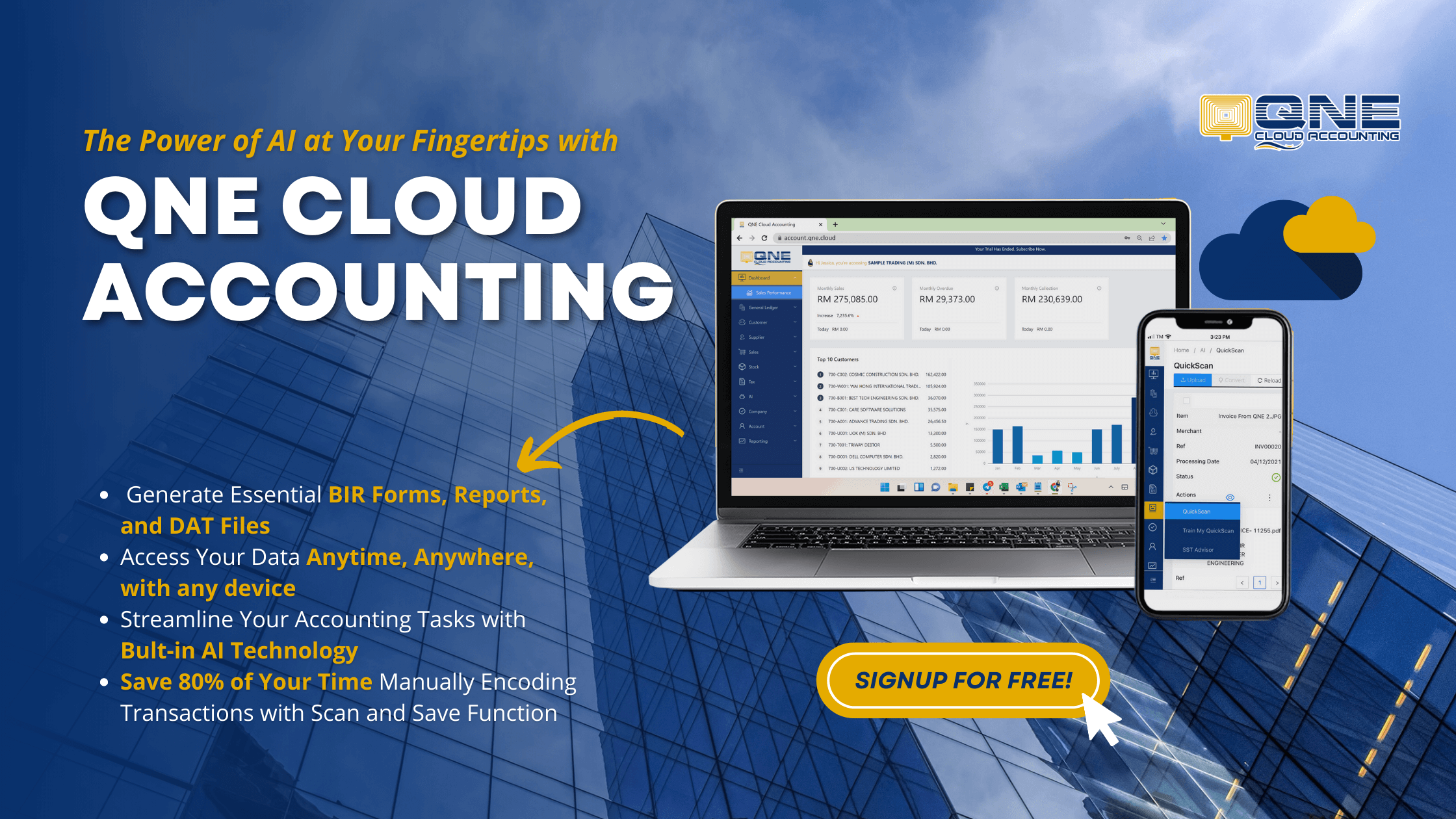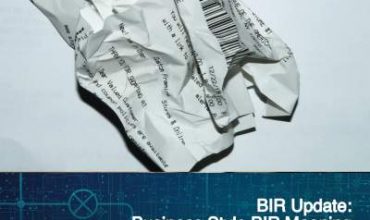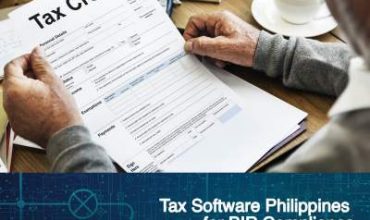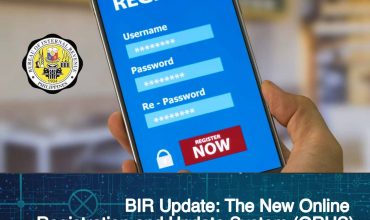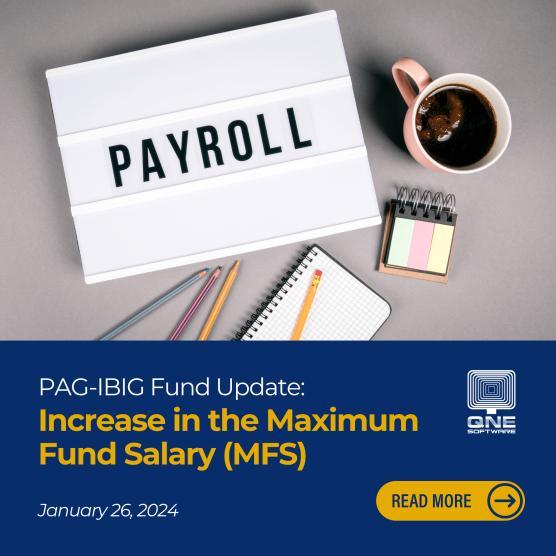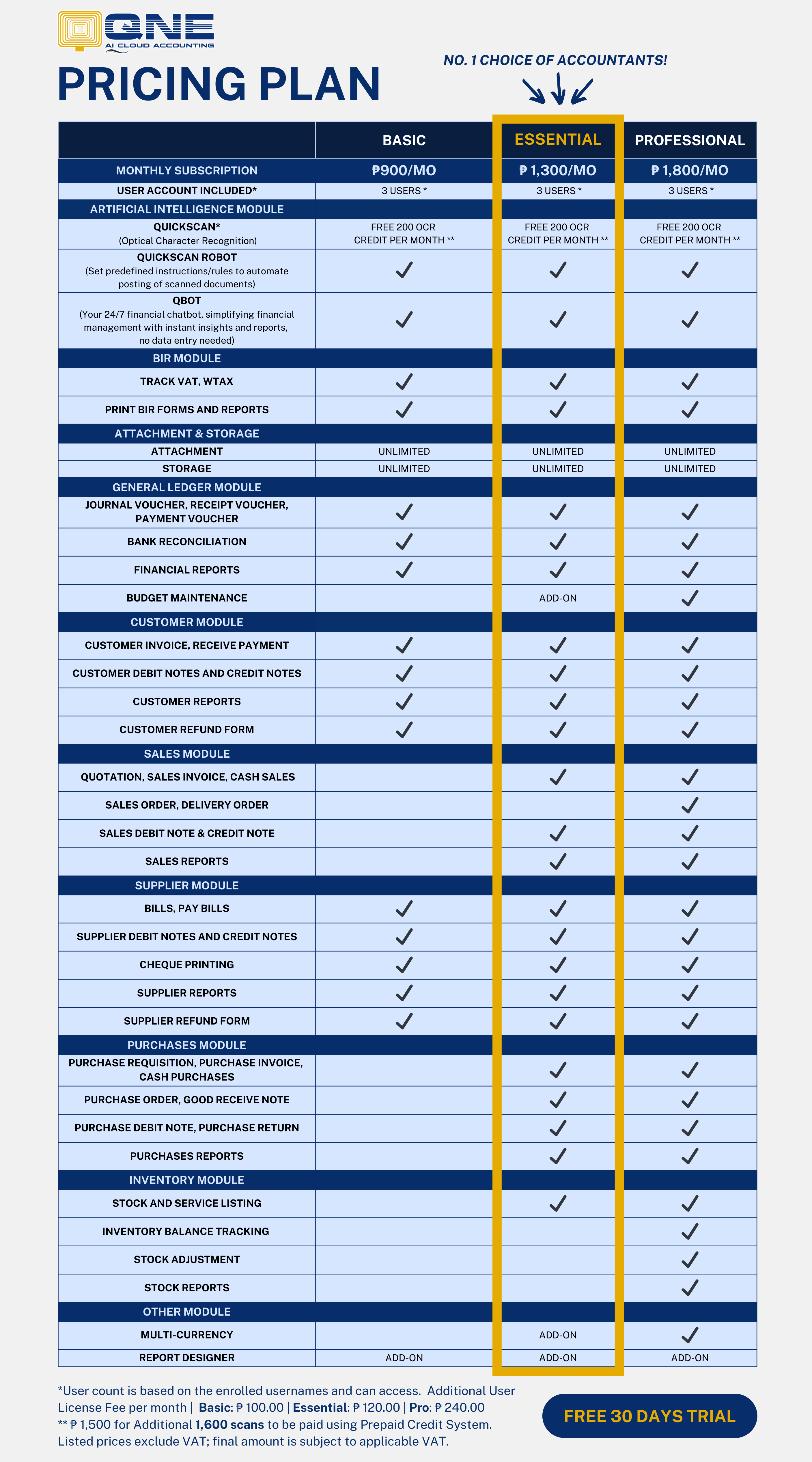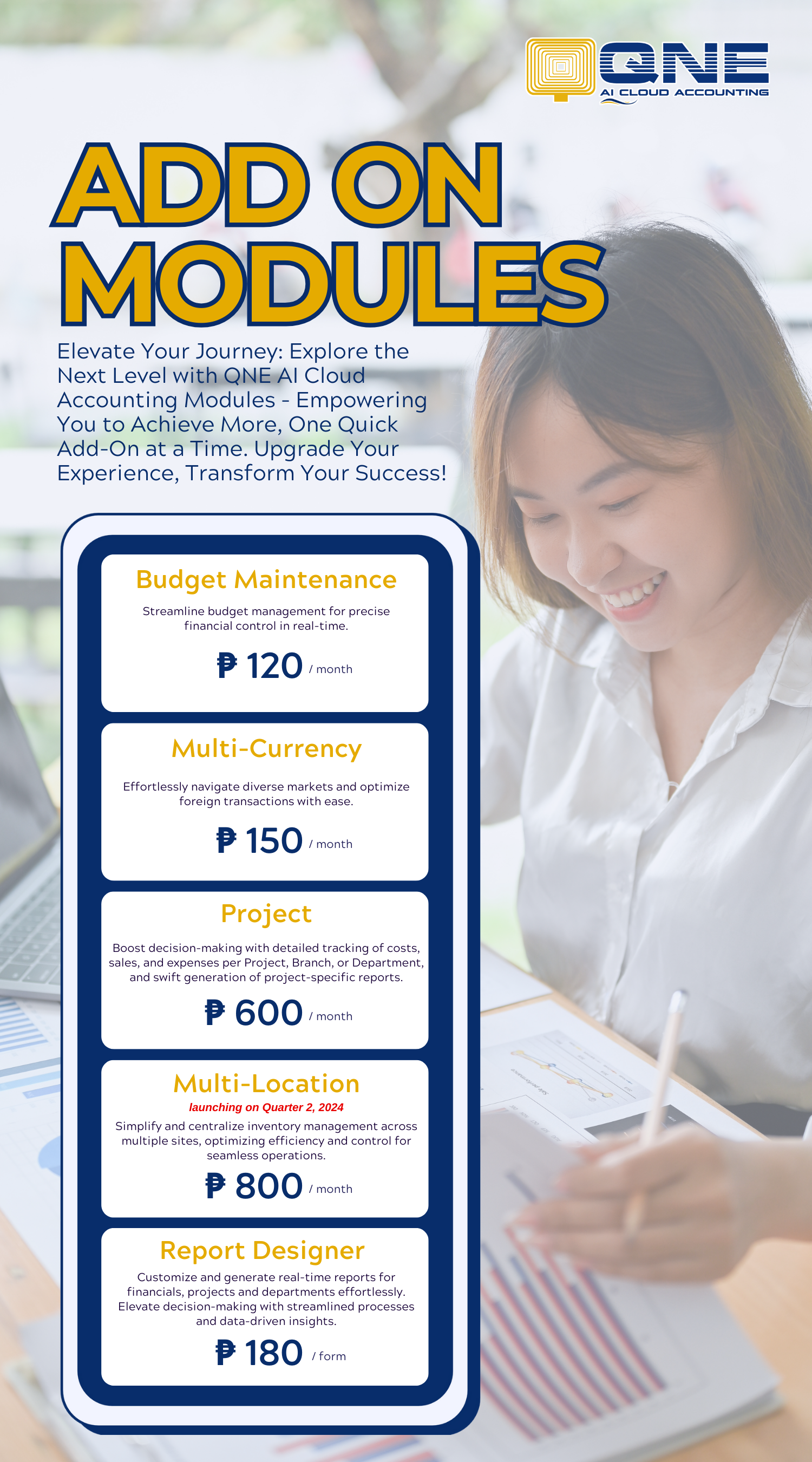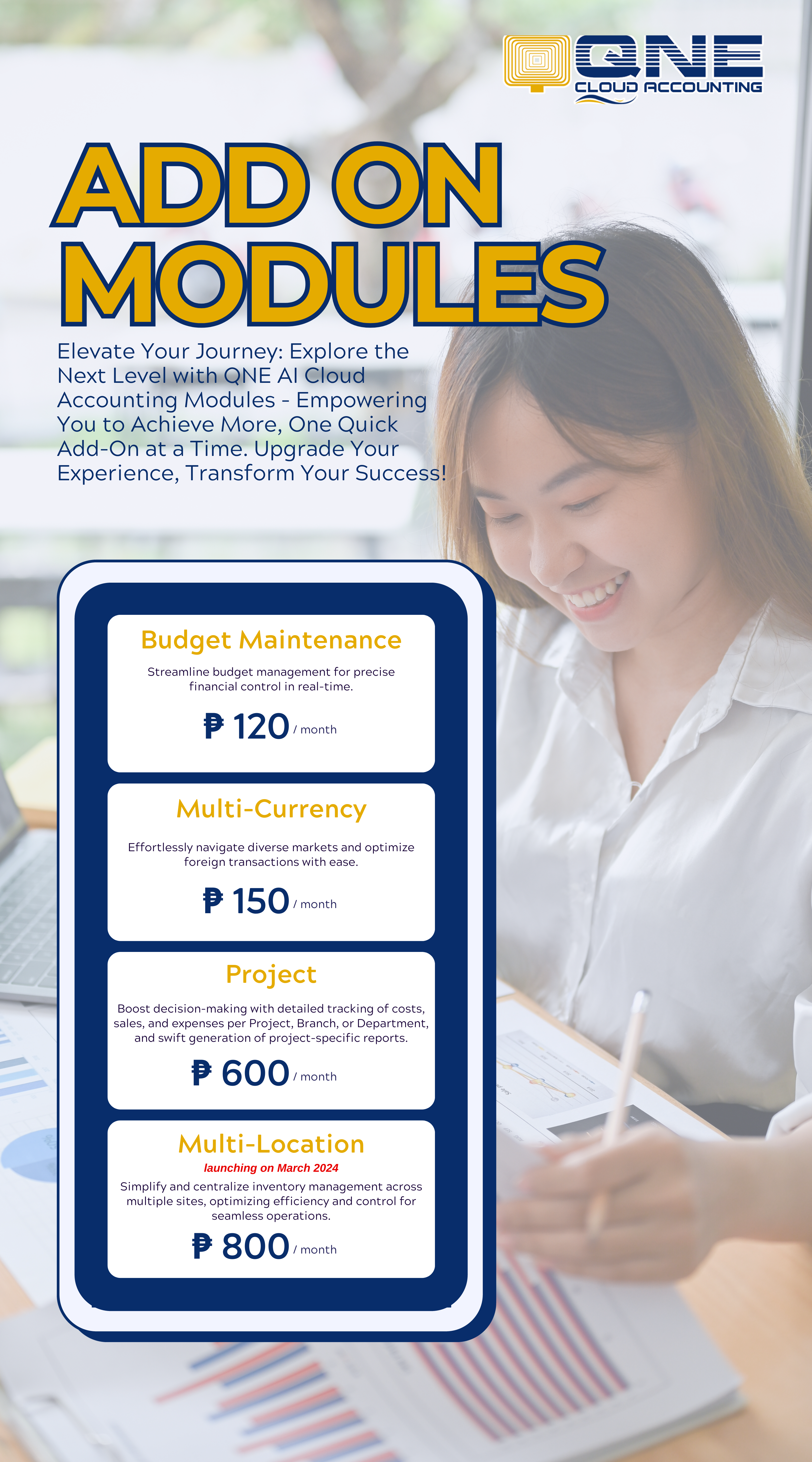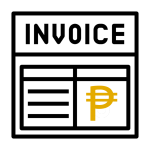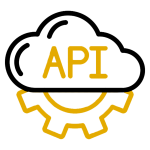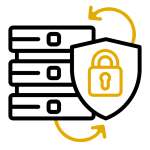Tax Update 2024: Ease of Paying Taxes Law (EOPT) by BIR
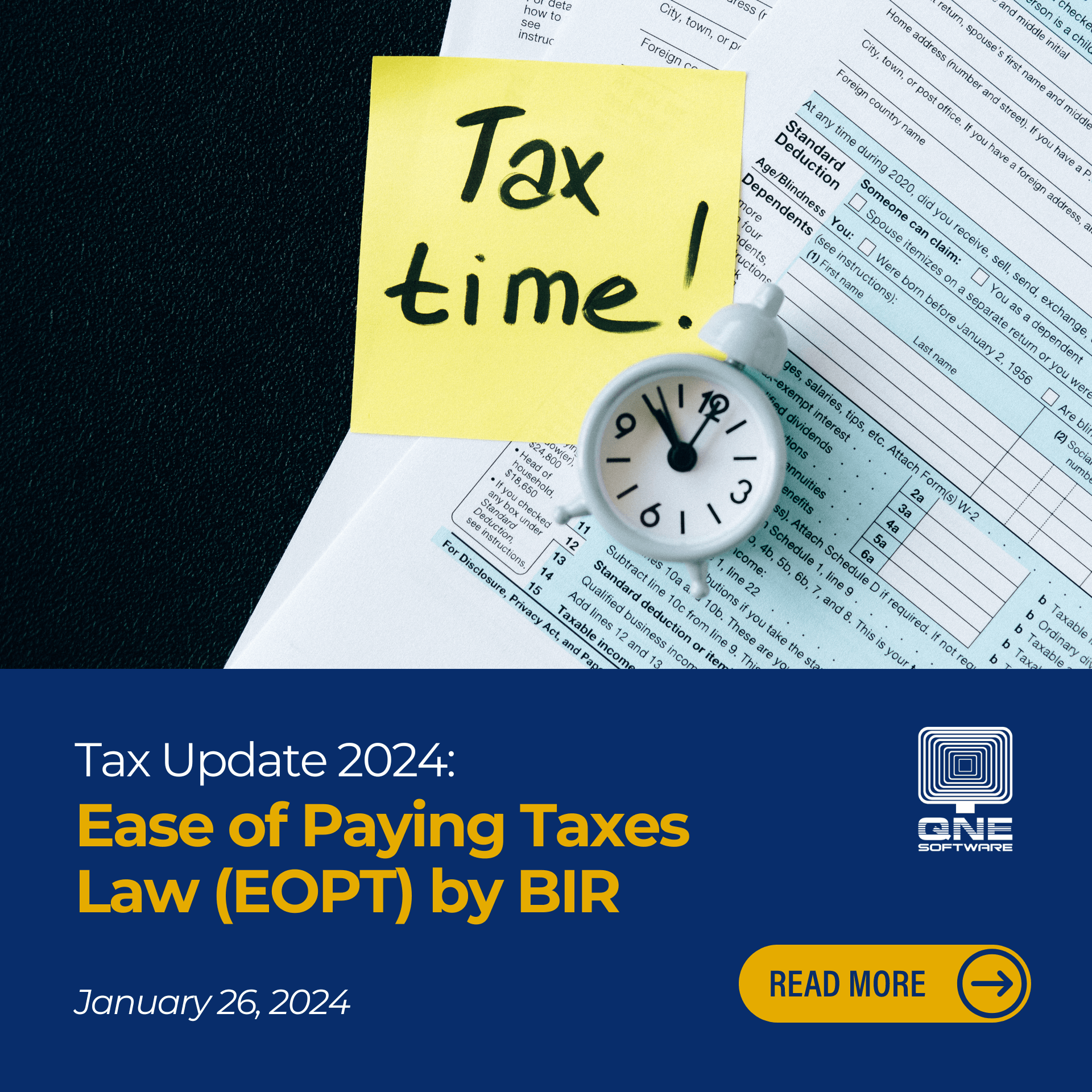
PUBLISHED: January 25, 2024
Disclaimer: QNE Software published this Tax Update 2024: Ease of Paying Taxes Law (EOPT) blog to inform taxpayers of the BIR’s latest update. This blog only serves to provide valuable information and thus QNE cannot be held liable for any error that readers may commit that will result to misinterpretation or other related causes. It can and will change anytime without prior notice in accordance to BIR.
President Ferdinand “Bongbong” R. Marcos Jr. signed the much awaited “Ease of Paying Taxes Act” (EOPT), also known as Republic Act No. 11976, into law last January 5, 2024. The Ease of Paying Taxes Law (EOPT) was released on January 07, 2024 in the Official Gazette, and it will take effect on January 22, 2024 – 15 days after it was published.
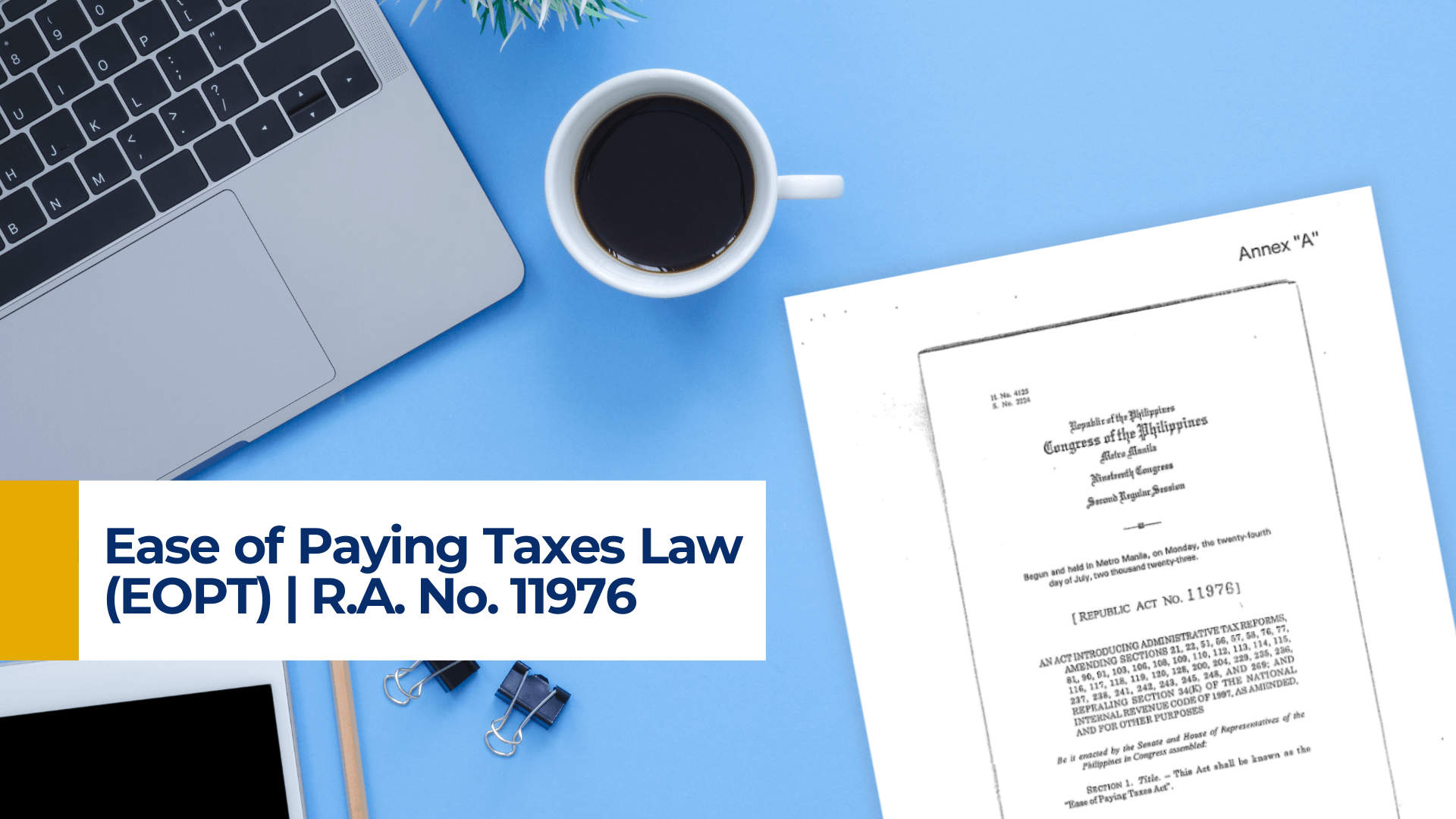
By simplifying the tax administration, the new Ease of Paying Taxes Law (EOPT) seeks to improve revenue collection and enhance the Philippine tax system. The National Internal Revenue Code (NIRC) of 1997 is amended in several places by the Ease of Paying Taxes Law (EOPT), which also adds certain new rules that will have a significant impact on taxpayers.
Here’s a summary of the new Ease of Paying Taxes Law (EOPT):
– According to the gross sales, taxpayers have been categorized into four for the purposes of responsive tax administration: micro, small, medium, and large.
– File and pay internal revenue taxes to any revenue district office, authorized agent bank, or authorized tax software provider, either electronically or manually.
– Removal of the annual registration fee requirement of Php500.00
– Removal of the need for taxes to be withheld from income payments and sent to the BIR in order for income payments to be deductible
– Income tax returns will no longer be needed to be filed by Overseas Contract Workers (OCWs) or Overseas Filipino Workers (OFWs) whose only source of income is abroad or overs.
– The rules for VAT invoicing and registration do not require a business style.
– VAT refund claims, will now be categorized into three: the low-risk, the medium-risk, and the high-risk. Claims for VAT refunds that fall into the medium- and high-risk categories will be undergoing audit and verification.
– And more.
With the country’s vast and fast changing business landscape, grasping the power of business software such as an AI Cloud Accounting can definitely bring leverage to the business. Accounting software that are BIR-CAS Ready play a vital role in keeping the business compliant and future-proof. Take your accounting to a whole new level and unleash the power of AI with QNE Cloud Accounting Software. Create your FREE Cloud Accounting Plan now!


